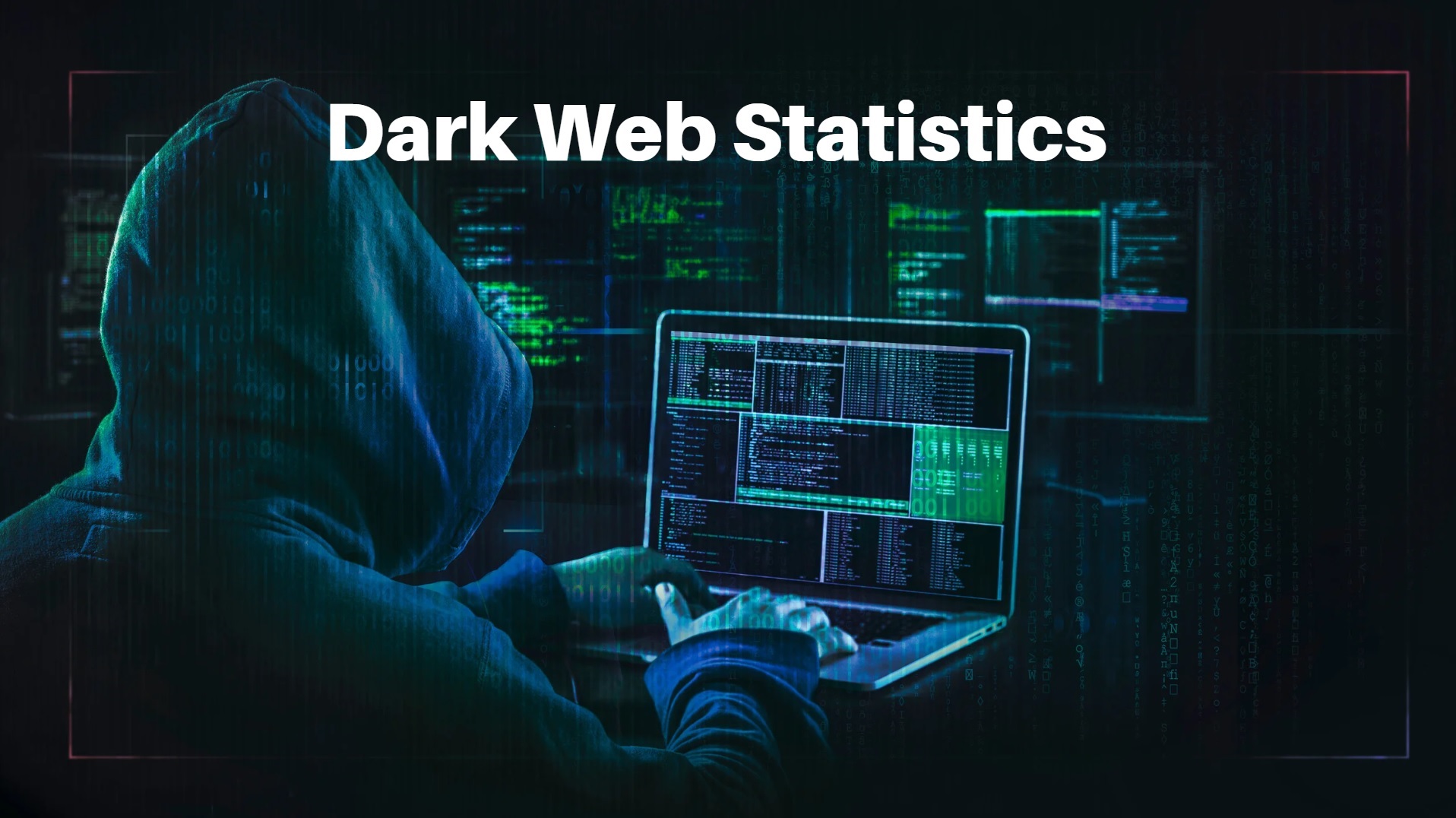Empowering ethical commerce within the darknet presents a unique opportunity to redefine online trade while fostering privacy, security, and social good. Although the darknet often garners negative attention due to its association with illicit activities, it also holds potential for ethical commerce that can empower individuals, protect personal freedoms, and enable global accessibility. By focusing on principles of trust, transparency, and integrity, the darknet can serve as a platform for fostering ethical business practices. One of the primary benefits of conducting ethical commerce in the darknet is the enhanced privacy it offers to both consumers and merchants. In a world where digital surveillance and data collection are rampant, individuals increasingly seek environments where their personal information remains protected. The darknet, with its focus on anonymity and secure transactions, can provide consumers with the peace of mind that their private data will not be exploited. This fosters a healthier digital ecosystem where privacy is prioritized, allowing people to freely explore goods and services without fear of surveillance or unwanted exposure. Ethical commerce in the darknet also supports the growth of alternative economies and empowers marginalized groups.

In some regions, individuals may not have access to traditional banking systems or face censorship from their governments. The darknet offers an alternative space for these individuals to engage in trade, provide services, and access goods that would otherwise be unavailable to them. This democratization of commerce is crucial in creating a more inclusive global economy where people from all occupations can participate without restrictions. By prioritizing ethical practices, merchants can contribute to the well-being of these communities by providing essential goods and services while promoting fair trade. Transparency is another pillar of ethical commerce in the darknet Kerberos onion. By using technologies such as blockchain, merchants and consumers can verify the authenticity of products, trace the source of goods, and ensure that transactions are conducted in a fair and transparent manner. This increased transparency can significantly reduce fraudulent activity and help establish trust between buyers and sellers.
Additionally, businesses operating ethically in the darknet can set new standards for accountability by implementing transparent pricing, offering clear terms of service, and ensuring that products meet the necessary quality and safety standards. Furthermore, ethical commerce in the darknet encourages innovation. Entrepreneurs and small businesses can operate with fewer restrictions, allowing them to experiment with new business models, payment systems, and digital technologies. This environment fosters creativity and can lead to groundbreaking solutions that benefit the broader market. Whether it is developing new encryption methods, decentralized finance solutions, or alternative supply chains, the darknet can serve as a testing ground for innovations that may eventually transform mainstream commerce. In conclusion, empowering ethical commerce within the darknet is not only about protecting privacy and enabling global access to goods and services; it is about creating a space for responsible, transparent, and inclusive trade.
